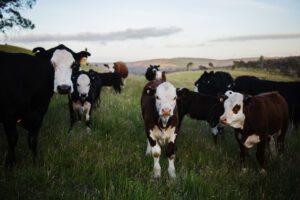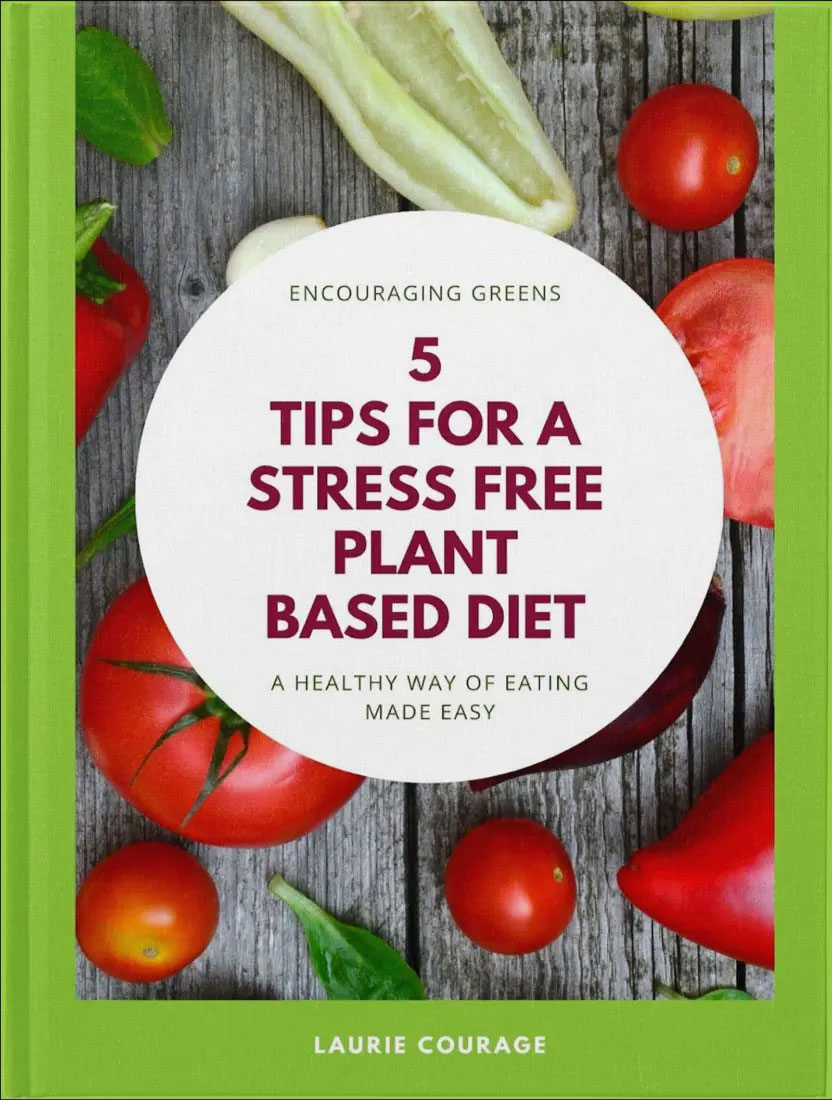How many of us have ever made a resolution or tried a lifestyle change that didn’t last? Have you ever asked yourself – why not?
Perhaps our motivation was…
- too short-term (rapid weight loss or intense exercise to look good for an event next month), or
- we were not prepared (pantries filled with unhealthy treats, no idea how to eat out and stay on track), or
- we lacked support (the friend who encourages you to cheat, the lack of accountability so you don’t), or
- we just gave up too soon before we saw results, aka the ‘dip’?
Many times, we blame ourselves and our lack of ‘willpower’.
Willpower by itself is rarely sustainable and often not enough to make a resolution stick. Many gym memberships sold in January start with the best of intentions.
But making a plant-based lifestyle change into a healthy habit can be very sustainable. Once fully understood, motivation can run deep, planning gets easier with practice, support more abundant when you know where to look, and results can be seen and felt starting in days.
And for those who may still struggle, it helps to understand the intentionally addictive nature of the western diet and how to overcome its spell. It is not our fault. I recently read 9 books on the addictive nature of highly processed foods. It is shameful how what food scientists are doing to our ‘food’ so that we will lose the willpower battle.
The good news is that when we step away from the willpower struggle and eat more plant-based, healthy aging get so much easier.
Find motivation from within.
Why change your lifestyle to eat plant-based?
Good for your health.

What is not to love about a diet that restores your health, and has been shown to slow, stop and reverse several chronic health conditions such as heart disease, Diabetes, digestive health, arthritis, cancer, autoimmune diseases, gallbladder and kidney health, and the list goes on, and on, and on (you get the idea).
If you haven’t seen them lately, some great documentaries connecting the dots between food and health include Forks Over Knives, What the Health and Eating You Alive (with video here (the first 2 are on Netflix).
And if you haven’t seen it already, check out the new video series called You Are What You Eat, a Twin Study, also on Netflix.
Good for the planet.

Animal agriculture is responsible for more greenhouse gas emissions than all transportation sources combined. Methane has a global warming potentially significantly higher than CO2 and cows produce 150B gallons of methane a day. To find out more, one of my favorite documentaries is Cowspiracy which captures not only the impact of animal agriculture on the planet, but why trusted environmental organizations are silent.
In my blog post (When the Truth is Inconvenient) I called out Al Gore for omitting the impact of animal agriculture in his two movies about climate change and shared a video from the Netherlands Parliament documentary Meat the Truth . Although that film is 10 years old, they did a great job making the environmental impact of the Western diet easily understood.
Another great resource is Dr Richard Oppenheimer’s Book, Comfortably Unaware.
Good for the animals.

When I started eating plant-based, I heard that on average I was saving 94 animals a year, some would say even more. That number is significant, especially for that animal. There are many resources that share the plight of animals in industrial agriculture and in medical testing. Earthlings, PETA, the Human Society and PCRM among them.
Even if you decide to eat this way for your health or the planet, at some point, your connection with animals in other areas of your life, i.e. leather shoes or down coats or the ingredients in your shampoo and who it has been tested on, will come to mind as you connect with your food.
All of the above.
Pick one, two or all three. The motivation to shift to a plant-based lifestyle can be very personal (i.e. being alive to walk your daughter down the aisle or see your child graduate, or having enough energy to sit on the floor for yoga class or play with a grandchild, grow your business or travel in retirement unencumbered by heart or digestive heath issues). It can also be very compassionate as you make the connection between what you eat and who you eat. It can also be about leaving the world in a better place that you found it for current and future generations.
Plan to succeed.
If you were going to build an addition on your home, you would do your homework and make a plan. This is no different.
After connecting with your reasons for becoming plant-based, plan what and how to eat.
- Some prefer a gradual on-ramp: taste foods, start to modify some meals with whole food plant-based ingredients, eliminate the worst and add the best, keep it simple.
- Some, like many of those I coach or teach, are facing a health crisis, surgery, suffering from too many symptoms or side-effects and need to change something now.
- For those wanting more immediate results, talk to your doctor to get the all clear and jump start your health by including more grains, vegetables, legumes and fruits in your diet, and less or possibly no animal foods and added fats such as oils.
- Read labels, purge your pantry, and prepare to change how you cook and eat out.
- When you are ready, jump in and see more dramatic results.
Get Support.
There are many excellent plant-based resources and research available online, in books and in films like those above. I have an extensive library of research (about 1600 hardcopy books and videos, and many more digital ones) and am always trying to incorporate useful info into my coaching, classes, and blog posts to make it easier for others to transition to a plant-based life.
For those who just need a little added boost in the right direction, an easy way to get started is by attending a nutrition and cooking class taught by a certified instructors. I teach classes locally on Long Island or via zoom.
For those needing more, some insights about healthy aging and how to quickly get the results we need to get and stay healthy for good, get off medication sooner rather than later, and fit this into our life now without all the trial and error, I can help. Please check out my Plant-Based Eat to Heal Over 50 Coaching Programs.
See Results.
Sometimes we set big lofty goals but when we hit a speed bump, like accidentally eating something we shouldn’t, we give up instead of staying the course.
But if instead we pick ourselves back up, and set attainable goals along the way, we can see our weight drop, blood work improve, lessen medications, symptoms and health risks, sometimes in unexpected ways. I have had the good fortune to support many as a coach and educator helping them see results and reach their goals (see testimonials here). With every forkful of food, you will see better results.
More than Willpower.
Lest you think that you’re a failure if you are struggling with making a plant-based lifestyle transition on your own, it’s not just you. Many of the foods we eat in the Western diet are highly addictive. Reinforced by an aggressive food industry, medical professionals often lacking adequate nutrition information, and conflicted government agencies, it is not surprising that this can feel like an uphill battle. A great resource to learn more about the addictive qualities of food is The Pleasure Trap by Doug Lisle PhD and Alan Goldhamer DC.
It is never to late to take back control of your health. A plant-forward direction is the first step. If you need more support, to get faster results especially when time is so precious as we age, let’s talk.
ps. I have included a few affiliate links in this article, just for the books. You are welcome to search the titles and not use the links. I appreciate your support which helps me keep this website and blog going so I in turn can support you.

